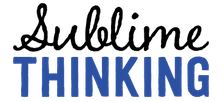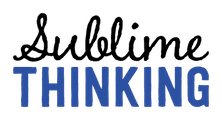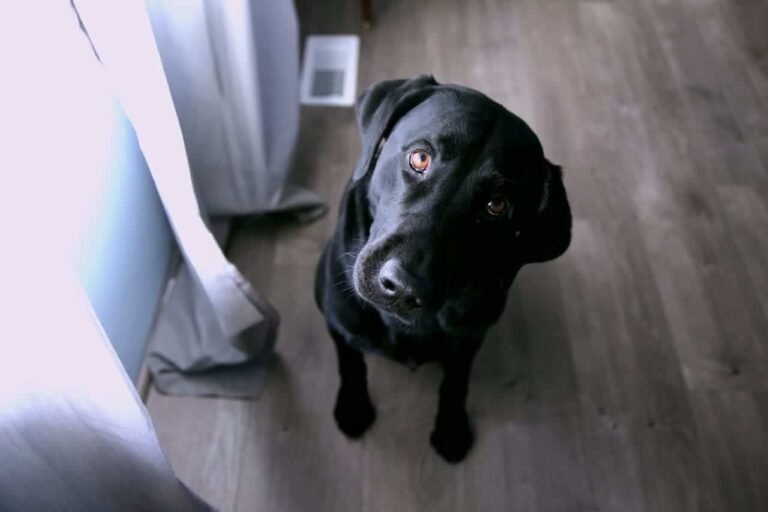Mirrors, signal, manoeuvre! For business, study…and cars
Mirrors, signal, manoeuvre.
Three simple, yet crucial, words.
For anyone who drives, this phrase is drilled into our memory, helping us to keep safe on the roads long after we have passed our driving test.
But the words ‘mirrors, signal, manoeuvre’ (MSM) have a far wider application beyond the steering wheel. One that could help you, and others, become more effective in work and study.
Are you ready to proceed?
The purpose of MSM is to check that the road is safe and alert others of your intention to move into a new space on the road, before actually moving into it.
When we work, or study, it usually involves wanting to move into a ‘new space’ that we haven’t been into before. Some examples include:
- Concluding a business deal;
- Starting a new project; or
- Writing an essay.
But how often do we think of MSM when in a business or study situation? Perhaps never, because MSM is taught to us when we learn to drive and it becomes something automatic that we don’t have to consciously think about.
However, things that we do in a work or study context involve exactly the same principles as driving. We want to steer ourselves into an improved position safely; whether it be gaining a new customer, or getting the essay grade that we need to give us the confidence to pass our next exam.
Using our mirrors
With our eyes, we can check whether the road ahead has obstacles, which can help us to plan our work or study to an extent. But, whilst we aren’t born with side mirrors, it’s only by imagining that we have them that we can start to anticipate what might be approaching alongside us. Things that might not make it the best time to start what you had in mind.
Some of the things that you may see in these mirrors are:
- Whether you have enough information to embark on a piece of work;
- How many people you might ultimately be working with, what skills they have and whether they have views or resources that can help you to get from A to B more effectively;
- Whether you can safely complete your task in the expected time without jeopardising your health or the health of others. Or whether you need to factor in more time for breaks, quality thinking time, eating a proper meal and getting enough sleep; so that you can complete your work without avoidable negative repercussions.
Checking our mirrors can therefore, help us to form a reasonable view of whether we can actually start to move forward effectively with our work or study.
Signalling our intent
We use our car indicators to tell other road users whether we intend to move left or right. In turn, other road users have a reasonable expectation that we will then move smoothly and safely in that direction. It also gives others on the road the opportunity to warn of any imminent dangers through the beep of a horn.
In the same way when working or studying, signalling that we can proceed with a piece of work says that we are comfortable that we can embark on and carry out that work as expected. It also gives others the opportunity to provide further information that may have been missed if they weren’t expecting us to start.
Of course, as with driving, we may need to adjust our journey along the way depending on other work loads or unexpected events, re-checking our mirrors as we progress. But it’s important to remember that car indicators signal an expectation to other road users that we will move in a certain direction. Failure to check our mirrors may mean that we indicate something that can’t actually be achieved and which may put others in a difficult, but avoidable position.
Using the road safely requires honesty when indicating. Adopting the same approach at work or study can help us to iron out potential difficulties, before they end up becoming something more serious in nature.
The final manoeuvre
The manoeuvre should be the most effortless part of what we do at work. Simply moving from A to B and completing our task in the way that we expected.
If we have considered and planned our work or study well by checking our mirrors, then bar anything unexpected arising following giving our signal to proceed, we should be able to complete a task without too much unnecessary effort.
Remember – we are all road users
As with cars, lorries and buses, all those involved in work or study are effectively road users.
And just as road users owe a duty of care to others to check their mirrors before signalling and manoeuvring, adopting the same approach in our work or study can help businesses run more effectively and students to learn and succeed in the work place.
More importantly, it can also help to keep the road of life that we all drive on running more happily, peacefully and smoothly.








